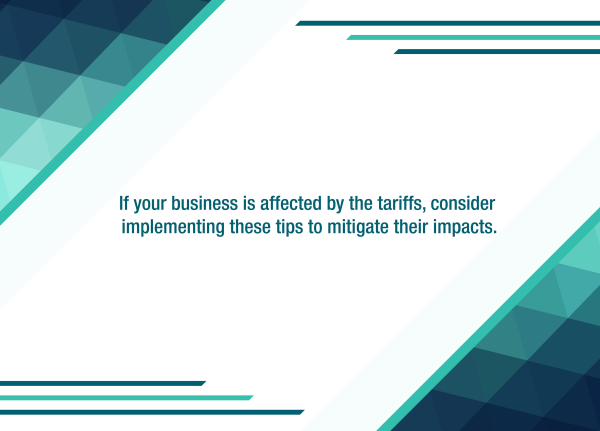Many companies are struggling as a result of shutdowns and restructurings during the COVID-19 crisis. To add insult to injury, some have also fallen victim to arson, looting or natural disasters in 2020. Lenders and investors want to know how your business has weathered these adverse conditions and where it currently stands. While stakeholders understand that it’s been a tough year for many sectors of the economy, they may presume the worst if you’re late issuing your financial statements. Here are some assumptions people could make when your financial statements are late.
Your business is failing
No one wants to be the bearer of bad news. Deferred financial reporting can lead lenders and investors to presume that the company isn’t going to recover from the economic downturn — and that a bankruptcy filing may be in the works.
Even if your 2020 results have fallen below historical levels or what was forecast at the beginning of the year, issuing your financial statements on time can help reassure stakeholders. They want to know that you’re on top of what’s happening and you’re taking steps to recover.
Management is ineffective
Some stakeholders may assume that your management team is hopelessly disorganized and can’t pull together the requisite data to finish the financials. Late financials are common when the accounting department is understaffed or a major accounting rule change has gone into effect. Both are very real possibilities today.
Delayed statements may also signal that management doesn’t consider financial reporting a priority. This lackadaisical mindset implies that no one is monitoring financial performance throughout the year.
Internal controls are weak
A strong system of internal controls is your company’s first line of defense against fraud. A key component of strong internal controls is management review and internal audits.
If financial statements aren’t timely or prioritized by the company’s owners, unscrupulous employees may see it as a golden opportunity to steal from the company. Fraud is more difficult to hide if you insist on timely financial statements and take the time to review them.
Let’s work together
Sometimes delays in financial reporting happen because management realizes that the company has violated its loan covenants — and they’re worried that the bank will call the loan when they review the financials. In today’s unprecedented conditions, however, many lenders are willing to temporarily waive covenant violations and even restructure debt — if the company can show a good faith effort to preserve cash flow, make timely loan payments and revise its business model, if possible.
We can help you prepare timely financial reports — and forecast how your business will perform in the coming months. Being proactive and forthcoming can help preserve goodwill with lenders and investors.
____________________________________
We highly recommend you confer with your Miller Kaplan advisor to understand your specific situation and how this may impact you.



